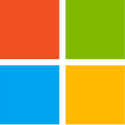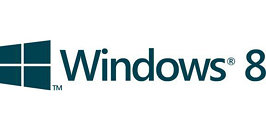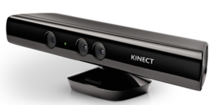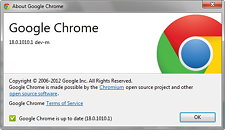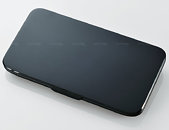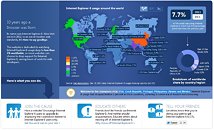With three successors and design limitations posing as hurdles for security updates, Microsoft's iconic Internet Explorer 6 (MSIE 6) web-browser had been deemed a security vulnerability for anyone using it, and Microsoft undertook a campaign to get the world to update their MSIE to the latest MSIE 9. With December 2011 web-browser usage statistics out by several sources, the usage of MSIE 6 in the United States dropped below the 1% mark, causing Microsoft claim that the United States bid goodbye to MSIE 6. The MSIE team celebrated this development with a ceremonious cake and a little afterhours party.
MSIE 6 now makes up 0.9% of the US web-browser market. Czech Republic, Portugal, The Philippines, Ukraine and Mexico, are the other countries where MSIE 6 holds under 1% of the market. The browser is used by 25% of Chinese internet users (a huge number). Interestingly, South Korea, which has some of the fastest consumer ISP networks in the world, has 7.2% usage. 5.9% of Japanese netizens are still stuck to the decade-old browser, and so are 5.4% Indian users. Overall, MSIE 6 still holds 7.7% of the global web-browser market-share, which is respectable, considering it's greater than those of Apple Safari (Mac/PC), and Opera, and disturbing, considering it is a very vulnerable piece of software unless it's used for closed VPN intranets. More stats can be found
here.



